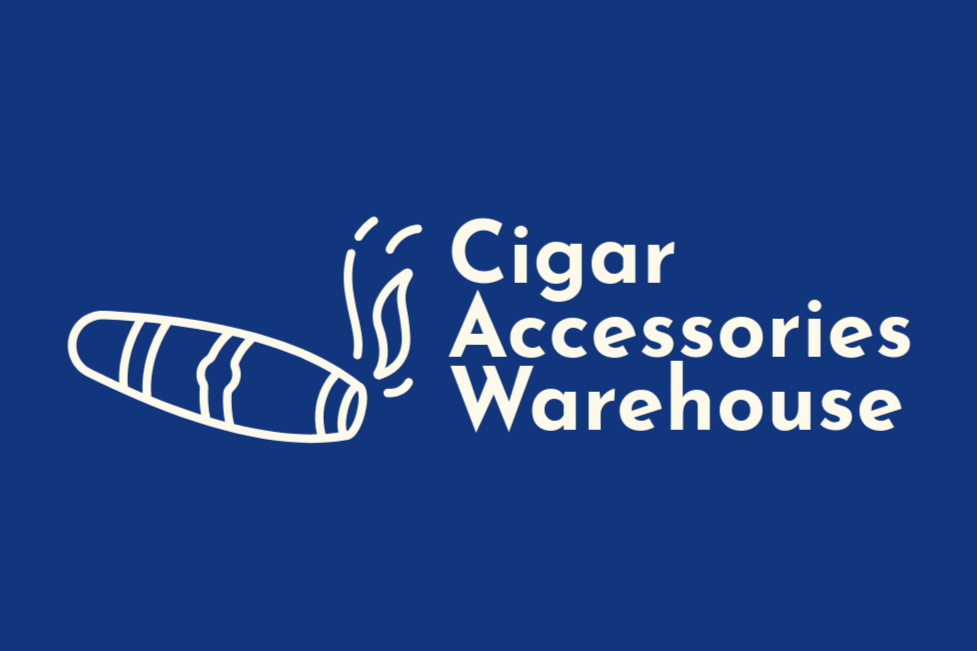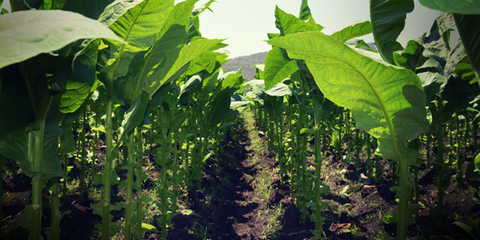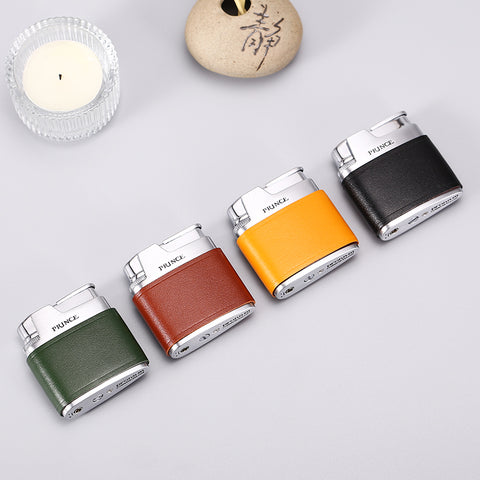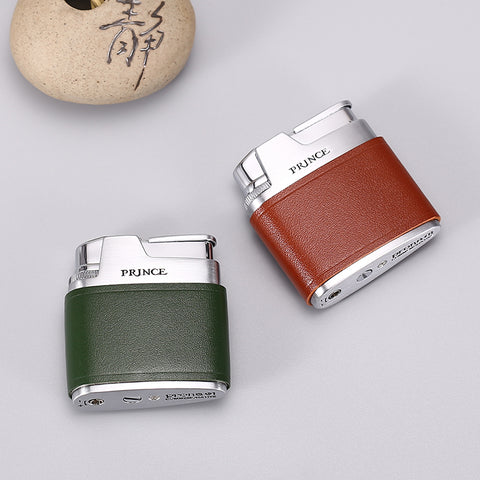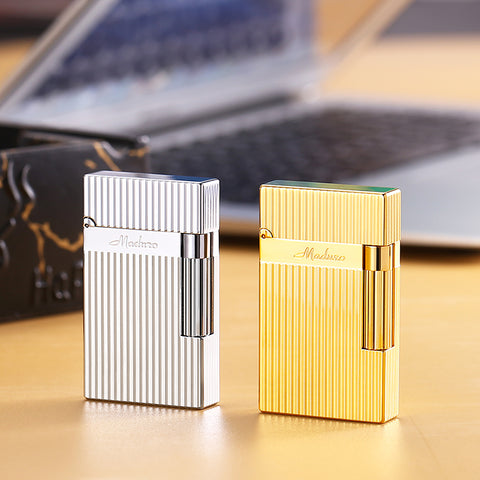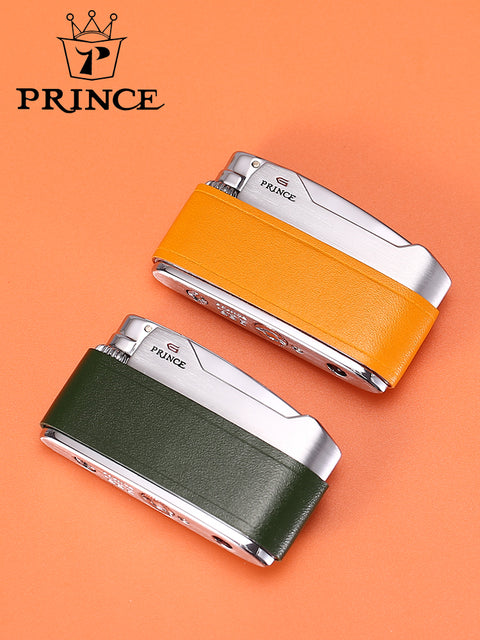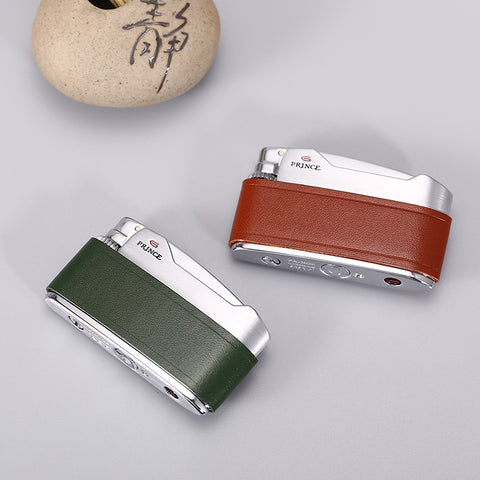The cigar industry, rooted in centuries of craftsmanship and tradition, is undergoing a transformation toward sustainability. As global environmental concerns grow, cigar manufacturers and tobacco farmers are adopting greener practices to reduce their carbon footprint while maintaining the quality aficionados expect.
From eco-friendly packaging to sustainable farming, this shift is not just a trend—it’s a movement toward responsible luxury. In this article, we explore how sustainability in cigars is shaping the future of the industry.
Why Sustainability Matters in the Cigar Industry
Cigars are made from natural tobacco leaves, and their production relies heavily on agriculture, processing, packaging, and transportation. This industry, like many others, faces environmental challenges such as:
🌿 Deforestation – Tobacco farming requires large amounts of land, leading to deforestation in some regions.
🌿 Chemical Use – Pesticides and fertilizers impact soil health and nearby water sources.
🌿 Waste from Packaging – Traditional cigar boxes, plastic wrappers, and cellophane contribute to environmental waste.
By adopting greener practices, cigar makers can reduce environmental impact while preserving the authenticity and tradition of cigar craftsmanship.
Eco-Friendly Tobacco Farming
1. Organic and Chemical-Free Cultivation
Some tobacco farms are moving toward organic farming methods, avoiding synthetic pesticides and fertilizers. Instead, they use natural compost, crop rotation, and pest control techniques to maintain soil health.
✅ Benefits:
- Reduces harmful runoff into nearby water sources.
- Improves soil quality for long-term farming sustainability.
- Produces tobacco with a purer taste and aroma.
Example: Plasencia Cigars, a leader in sustainable cigar production, uses organic tobacco and environmentally friendly farming techniques.
2. Reforestation and Agroforestry
Deforestation is a major concern in the tobacco industry, especially when trees are cut for curing barns or cigar boxes. Many companies are now planting trees to replace those used in production.
✅ Sustainable Practices Include:
- Agroforestry, where trees and crops grow together to maintain biodiversity.
- Replanting efforts to counteract deforestation.
- Shade-grown tobacco farming, which preserves surrounding ecosystems.
Brands like Fuente and Davidoff are actively involved in reforestation projects to promote long-term sustainability.
Sustainable Cigar Production and Packaging
1. Eco-Friendly Cigar Boxes
Traditional cigar boxes are often made from rare woods, contributing to deforestation. Many manufacturers are now switching to:
✅ Recycled or sustainably sourced wood for cigar boxes.
✅ Minimalist, biodegradable packaging to reduce waste.
✅ Reusable humidification packs instead of plastic humidifiers.
Example: Joya de Nicaragua has introduced biodegradable and recyclable packaging to lessen environmental impact.
2. Reducing Waste in Cigar Manufacturing
Cigar factories generate waste from discarded tobacco leaves, packaging materials, and emissions from drying and curing barns. Sustainable brands are addressing this through:
✅ Tobacco Waste Recycling – Repurposing leftover tobacco into pipe blends or fertilizer.
✅ Energy-Efficient Factories – Using solar energy and low-emission curing barns to reduce carbon footprint.
✅ Hand-Rolled Over Machine-Made – Hand-rolled cigars require fewer resources than mass-produced machine-made cigars.
Companies like Padron Cigars focus on hand-crafted, waste-reducing cigar production to align with sustainability goals.
Sustainable Smoking Habits for Aficionados
As a cigar smoker, you can contribute to sustainability by making greener choices:
✅ Choose Sustainable Brands – Support cigar companies committed to eco-friendly practices.
✅ Reuse or Repurpose Cigar Boxes – Many wooden boxes can be repurposed for storage or decoration.
✅ Dispose of Cigar Waste Responsibly – Avoid littering cigar butts and ash outdoors.
✅ Use Natural Accessories – Opt for cedar spills or wooden matches instead of gas-fueled lighters to reduce emissions.
Small changes can make a big impact on the environment while allowing you to enjoy cigars responsibly.
The Future of Green Cigars
The push for sustainability in cigars is growing as consumers demand more environmentally responsible products. Moving forward, we can expect:
🌱 More organic tobacco farms and eco-friendly plantations.
🌱 Innovative packaging solutions that minimize waste.
🌱 Carbon-neutral cigar brands investing in reforestation and renewable energy.
🌱 Increased consumer awareness leading to a shift in purchasing habits.
Cigar companies embracing sustainability not only contribute to a healthier planet but also ensure that future generations can continue to enjoy the art of fine cigars.
Final Thoughts
Sustainability in the cigar industry is more than a trend—it’s a necessary evolution. From organic farming to eco-friendly packaging, the movement toward greener cigars benefits both the environment and the quality of the smoking experience.
As an aficionado, your choices matter. By supporting sustainable cigar brands, practicing responsible smoking habits, and opting for eco-friendly accessories, you can help preserve the rich tradition of cigars while protecting the planet.
Looking for sustainable cigar accessories? Check out our collection of premium cigar humidors, cutters, and eco-friendly cigar essentials today!
